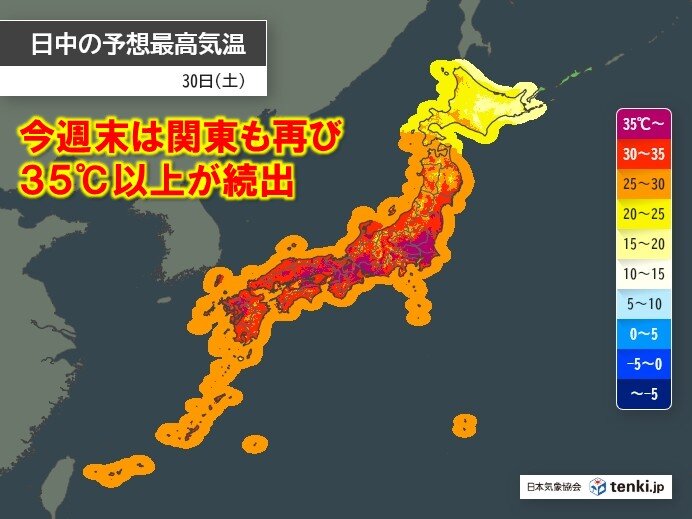Japan's Tokai region braces for a daunting heatwave, predicted to surpass 40℃ on the 31st. Meteorologists warn of potentially hazardous temperatures, urging caution among residents, particularly those in vulnerable groups like the elderly and children. This latest weather pattern is part of an increasing trend of extreme heatwaves in Japan, bringing into focus the broader issues of climate change.
Extreme heatwaves are a serious concern in Japan, where they often lead to heat-related illnesses and fatalities, especially among elderly citizens. As a society with a large aging population, Japan puts considerable stress on public health advisories and awareness campaigns during these periods. Moreover, in response to rising temperatures thought to be linked to climate change, there is growing emphasis on environmentally friendly practices and policies.
In the US and EU, heatwaves are also taken seriously, with advisories and resources dedicated to public safety disseminated widely. However, the demographic profile in these regions differs from Japan, with a relatively smaller proportion of elderly people. There's a more pronounced focus in these regions on mitigating the future impact of climate change through environmental policy changes and technological innovation.

